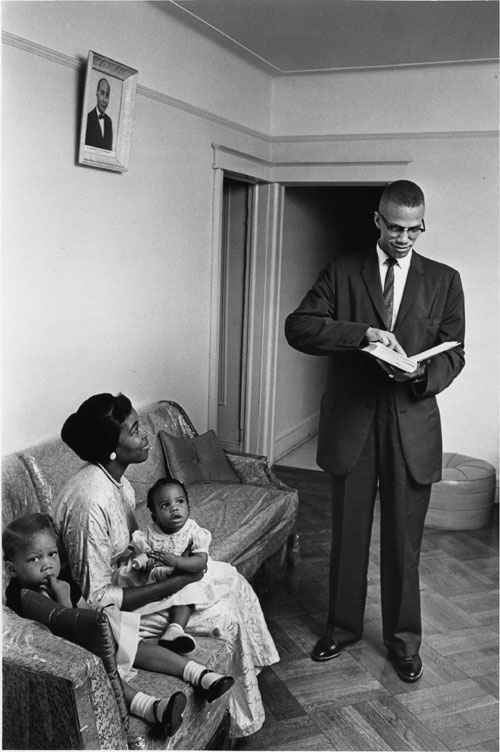I can dig it:
EAST House, along with Okada and Ujamaa,
invite you and your guests to share a special evening of piano jazz,
Hawaiian dinner and delights, and
discussion with citizen artist Jon Jang.Jon Jang, a current IDA visiting artist, is an Asian American pianist and composer who follows his own path of creating music. He refers to his music as “two flowers on a stem,” a metaphor expressing the symbiotic relationship of his cultural identity and musical aesthetics as an American born Chinese.
During the past twenty-five years, Jon Jang’s works chronicles and brings to life the Chinese immigration experience in the United States. He gives a musical voice to a history that has been silent. Jon Jang and Billy Taylor also served as the artistic advisors for the Asia Society of New York’s Crossover Series,performing and speaking about the contributions of Asian music in jazz.
Jon Jang pays homage to the legacy of African American music and social justice in his music and has recorded with Max Roach, James Newton and David Murray. He performed at the Arts Alive Festival in South Africa in 1994, four months after the election to end apartheid. In 2001, Jon toured with Max Roach as part of a trio in Zurich, Berlin, Milan, and the Royal Festival Hall in London.
His ensembles have toured at major concert halls and music festivals in Europe, Canada and the United States. The Ford Foundation in New York recently selected Jang as one of five mid-career artists to receive a Visionary Artist award for his contributions.
Jon Jang’s works include:
* Chinese American Symphony, a work that will pay tribute to the Chinese who built the first transcontinental railroad in United States
*Paper Son, Paper Songs
*Island: the Immigrant Suite No. 2 for the Kronos Quartet and Cantonese Opera singer
*Tiananmen!
*Reparations Now!
*The score for the dramatic adaptation of Maxine Hong Kingston’s The Women WarriorFind out more about him at http://www.jonjang.com/


